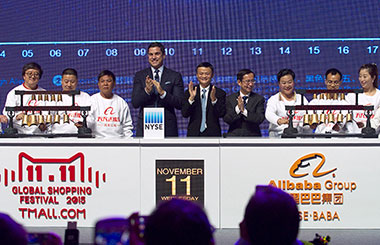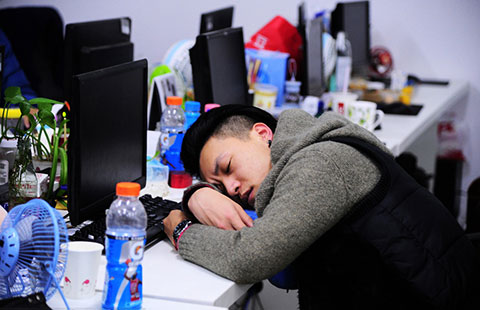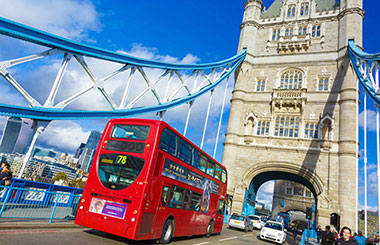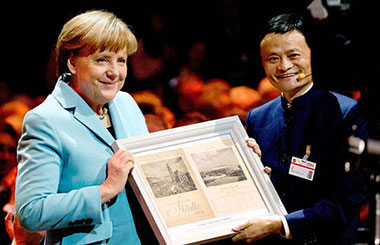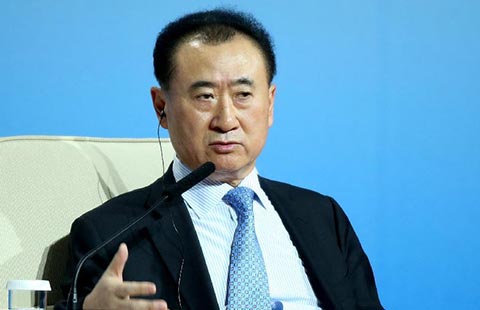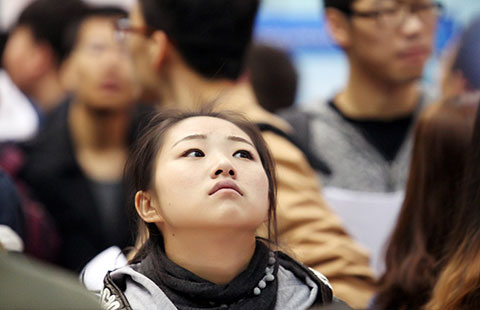Govt promises to boost consumer spending
By Zhao Yinan (China Daily) Updated: 2015-11-12 08:08
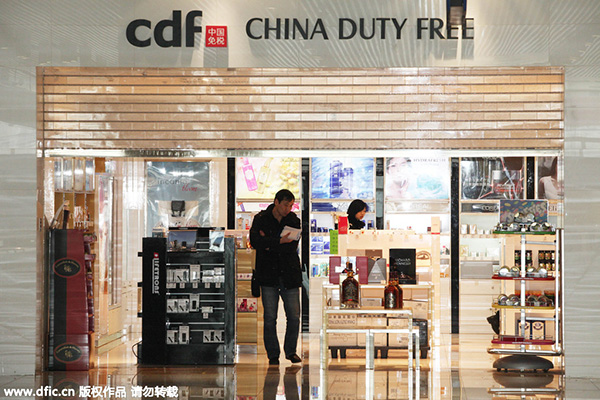 |
|
A customer leaves the tax-free shop under China Duty Free Group on Dongjiang Island, the Binhai New Area of Tianjin, China, April 3, 2013. [Photo/IC] |
China is planning to open more duty-free stores and facilitate the import of popular daily commodities to stimulate domestic spending amid flagging deflationary pressure.
An executive meeting of the State Council, presided over by Premier Li Keqiang, decided on Wednesday to issue a package of policies to shore up consumption, one of the driving engines tapped by the government to support economic growth.
The meeting decided to open more duty-free stores at ports of entry across the country and to import more popular consumer goods, as the shopping list of Chinese overseas travelers has expanded from luxury brands to daily living products, according to a statement released after the meeting.
More than 100 million Chinese traveled overseas last year and spent more than 1 trillion yuan ($157 billion) during their trips, according to the Ministry of Commerce.
The statement did not include details as to when and where the duty-free stores will open. However, Lu Peijun, deputy head of the General Administration of Customs, said in an earlier interview that the government is considering setting up new stores at airports and raising the purchase cap for each passenger.
Lu said China currently has 262 duty-free stores nationwide, with some on cross-border vehicles and others offering duty-free goods for diplomatic staff.
"There are not many duty-free stores at the ports of entry in China....We are considering opening more shops of this kind,… but it has to follow the willingness of the enterprises," he said.
Liu Simin, deputy secretary-general of the Beijing Tourism Association, said it wouldn't be easy to get consumers to spend more in the domestic market and less overseas in a short time. "To achieve the target involves the upgrading of industrial production and the improvement of services."
- Stay alert against over-politicization of global free trade
- Tmall Singles' Day sales rise 60%
- China approves 237 fixed-asset investment projects in Jan-Oct
- Let's not discount human touch next Nov 11, okay?
- Jockeying for supporting education
- Finding the solutions for development, health woes
- Expo to facilitate growth in British food shipments
- Barley deal to help UK brewers gain inroads in China
